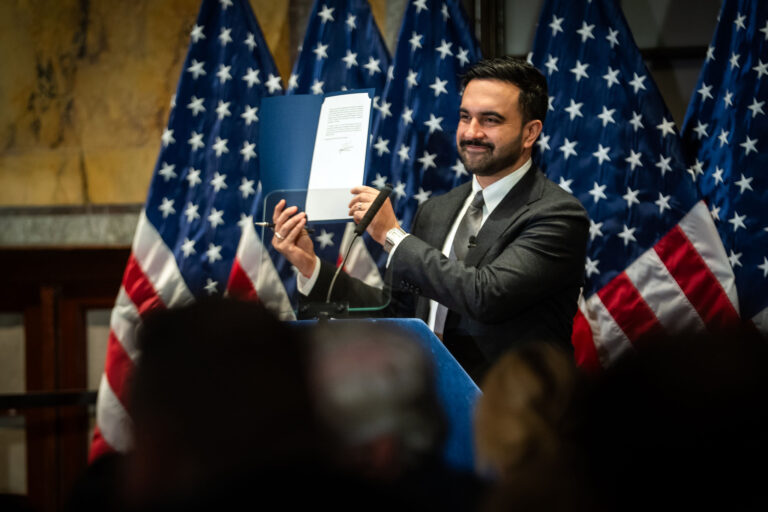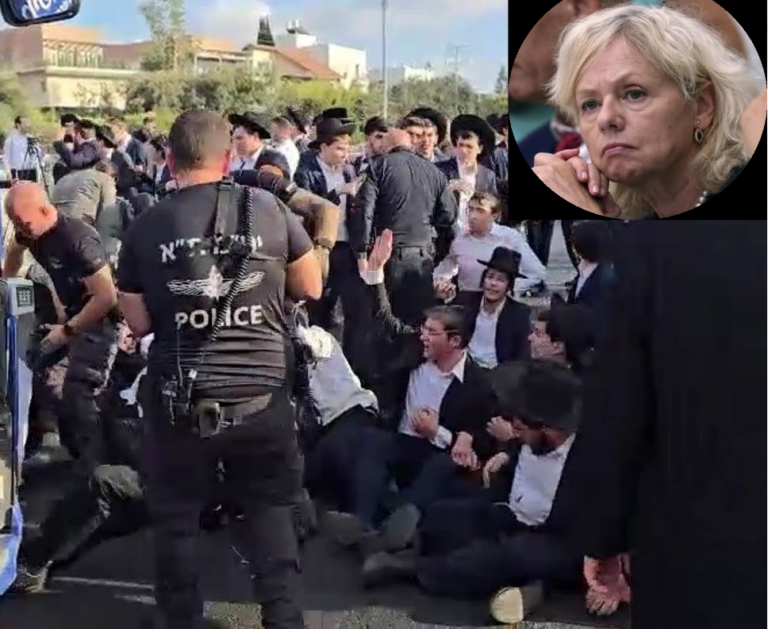Earlier today, Albany Supreme Court rejected the State Education Department’s latest attempt to control yeshiva education. SED had declared students at three Brooklyn yeshivas ineligible for special education, busing and other services, because it determined this past March that those schools did not provide a substantially equivalent education. The Court rejected SED’s attempt to penalize those students, calling SED’s actions “arbitrary, capricious and contrary to law.”
YWN readers are aware that new legislation was enacted in May to broaden the pathways schools can use to be deemed substantially equivalent. And in June, the New York State Court of Appeals ruled in litigation brought by PEARLS that SED cannot close nonpublic schools or require parents to enroll their children elsewhere.
Today’s decision applied those two developments to rule in favor of the yeshivas.
First, it held that “the legislature has changed the qualifications for what it means to be providing a substantially equivalent education” and that change ”is applicable to all nonpublic schools.” SED argued that these three yeshivas cannot benefit from the new law, which became effective as of April 1, because they were determined to be non-substantially equivalent in March. SED argued that determination removed their status as nonpublic schools, and made them ineligible under the new law.
To swat down that argument, the Albany Supreme Court turned to the Court of Appeals case brought by PEARLS. The court began its analysis by noting that SED argued in that case that “negative determinations do not cause an institutuion to no longer be able to operate as schools.” It then applied the Court of Appeals decision in Matter of Parents for Education and Religious Liberty in Schools Vs Young, finding that in that case “the Court of Appeals confirmed that a negative determination does not require a school to close or that parents unenroll their children “from a nonpublic school deemed not to provide substantially equivalent education.” Indeed, the Albany Supreme Court found that in its decision “the Court of Appeals still referred to a school that receives a negative determination as a “nonpublic school.” In light of the Court of Appeals decision in the PEARLS case, the court found that SED cannot withhold services or otherwise penalize schools that SED believes are not providing a substantially equivalent education.
YWN expresses its gratitude to all those who helped bring about the new legislation and the Court of Appeals victory, and hopes that today’s decision will mark the end of SED’s 10 year battle against yeshiva education.
(YWN World Headquarters – NYC)












6 Responses
The final death knell of YAFFES and all their leadership, yemach shemom, past and present.
ywn coming thru in the clutch
A.K.A. time for you hochul to get ready for your well deserved “Good Riddance”
If 99% of yeshivos and bais yaakovs were compliant all along and the department of education only targeted two institutions that were outliers then how is this a story about yehsivas or yeshiva education?
I’m sympathetic to the yeshivas but they are wrong on the law. Not anyone can call themselves a school and expect the stare to provide services. There must be some minimum standard
great victory for uneducated! down with the goyishe math!